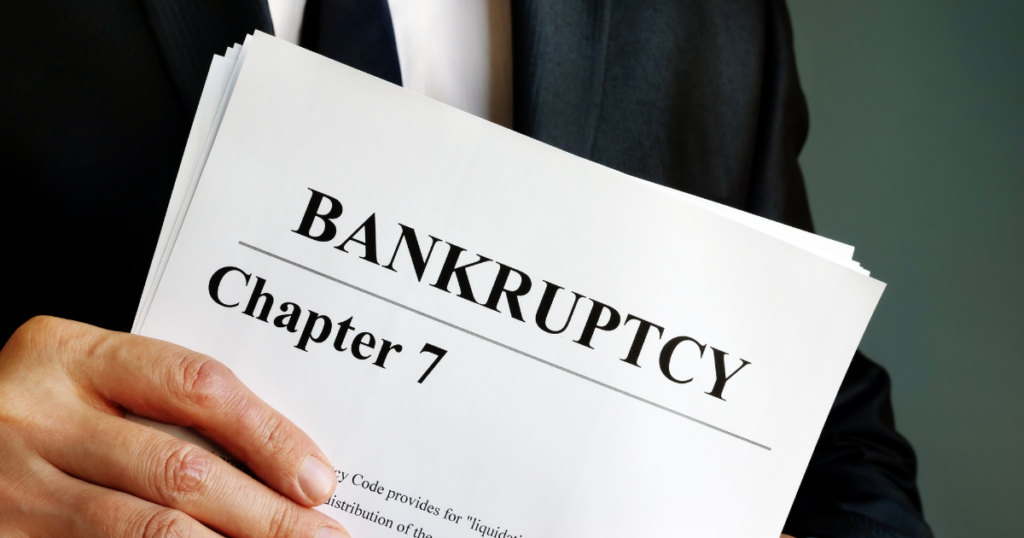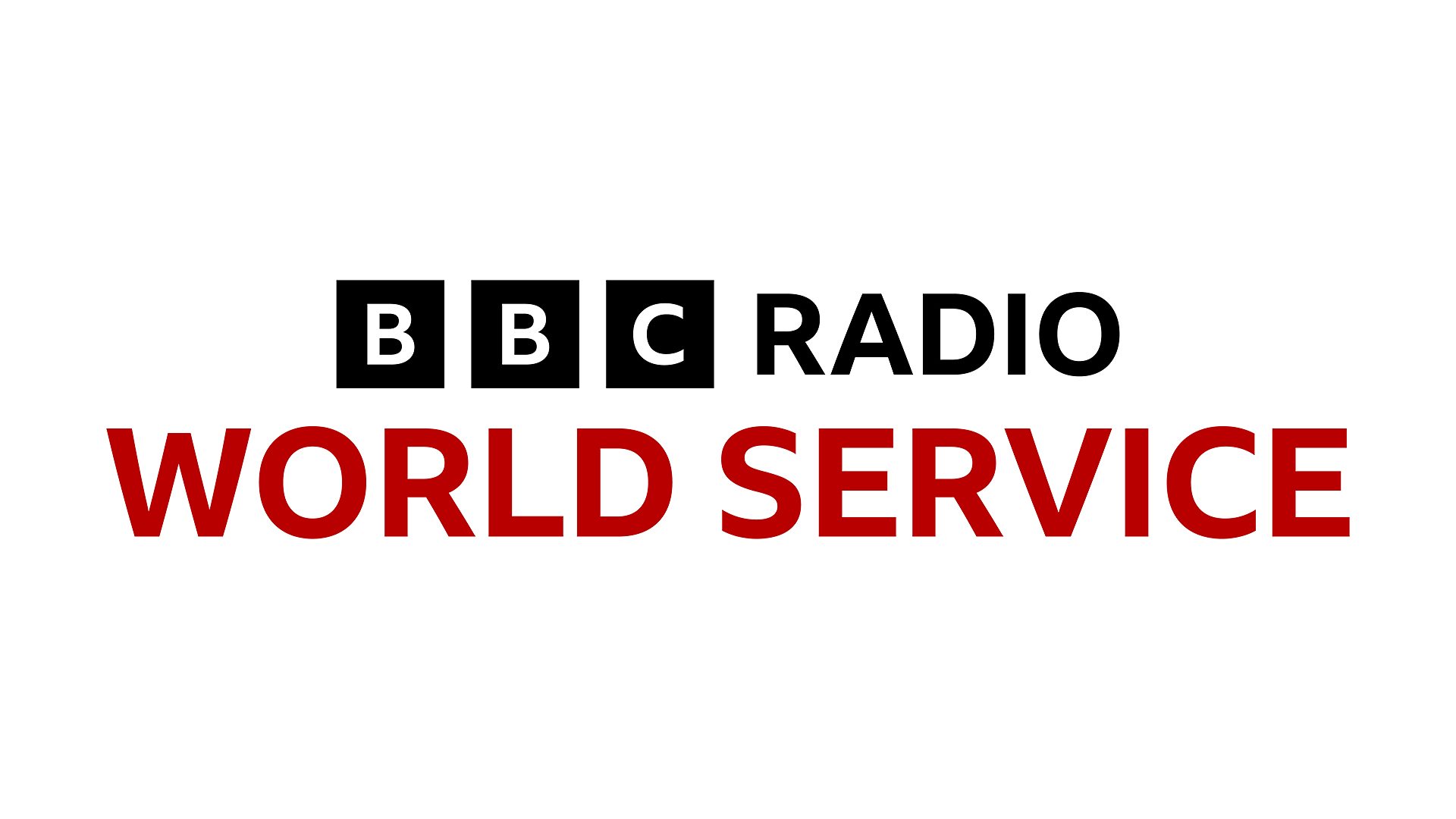
In today’s complex financial landscape, individuals often find themselves facing unexpected challenges that impact their economic stability. Chapter 7 bankruptcy emerges as a viable solution for those seeking a fresh start and a chance to rebuild their financial foundation. In this guide, we’ll explore the intricacies of Chapter 7, shedding light on its benefits and the crucial steps involved. Cryptodiscipline.com
Understanding Chapter 7 Bankruptcy
Defining Chapter 7: A Lifeline for Debtors
Chapter 7 bankruptcy, also known as “liquidation bankruptcy,” serves as a lifeline for individuals overwhelmed by unmanageable debt. This legal process allows debtors to liquidate non-exempt assets, with the proceeds distributed among creditors. The ultimate goal? A discharge of most debts, providing a clean slate for a more stable financial future.
The Role of a Bankruptcy Trustee
Upon filing for Chapter 7, a bankruptcy trustee is appointed to oversee the process. Their responsibility is to evaluate assets, ensuring a fair distribution to creditors. While it may seem daunting, this impartial oversight contributes to the efficiency and fairness of the proceedings.
Navigating the Chapter 7 Process
Initiating Chapter 7: Filing the Petition
The journey toward financial recovery begins with filing a Chapter 7 petition. This initiates an automatic stay, halting creditor actions and providing relief to the debtor. A crucial first step, the petition sets the wheels in motion for a comprehensive review of the debtor’s financial landscape.
The Means Test: Determining Eligibility
To qualify for Chapter 7, debtors must undergo a means test. This examination assesses their income against the median income for their state, ensuring that the filing is a genuine necessity rather than a strategic move. Understanding the means test is pivotal, as it determines eligibility and the subsequent course of action.
Liquidation and Debt Discharge
Upon approval, non-exempt assets are liquidated to repay creditors. However, many debtors find relief in the fact that certain assets are exempt from liquidation, safeguarding essential possessions. Following the liquidation process, most remaining debts are discharged Bitcointips.site/ offering debtors a clean financial slate.
Why Choose Chapter 7?
One of the key advantages of Chapter 7 is its expediency. Unlike other bankruptcy chapters, Chapter 7 proceedings typically conclude within a few months, allowing debtors to swiftly move forward with their lives.
Debt-Free Future
The primary allure of Chapter 7 lies in its potential for a debt-free future. By discharging most unsecured debts, individuals can break free from the shackles of financial burdens, opening doors to renewed financial stability.
Conclusion
In conclusion, Chapter 7 bankruptcy stands as a powerful tool for individuals seeking financial rejuvenation. From understanding the intricacies of the process to appreciating the benefits it offers, navigating Chapter 7 requires informed decision-making

:max_bytes(150000):strip_icc()/bedroom-skyvilla-aria-MGMHIGHROLL0622-2e9187a1e0144fea9a6e2d2c8f15fb06.jpg)




